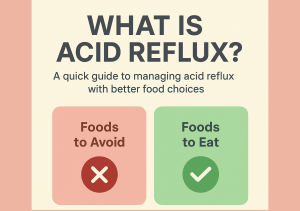
What Is Acid Reflux? Foods to Eat and Avoid
Acid reflux is something many people experience — that burning feeling in the chest or throat after eating a big or heavy meal. While it
with Karim Shakoor, M.D. & Team
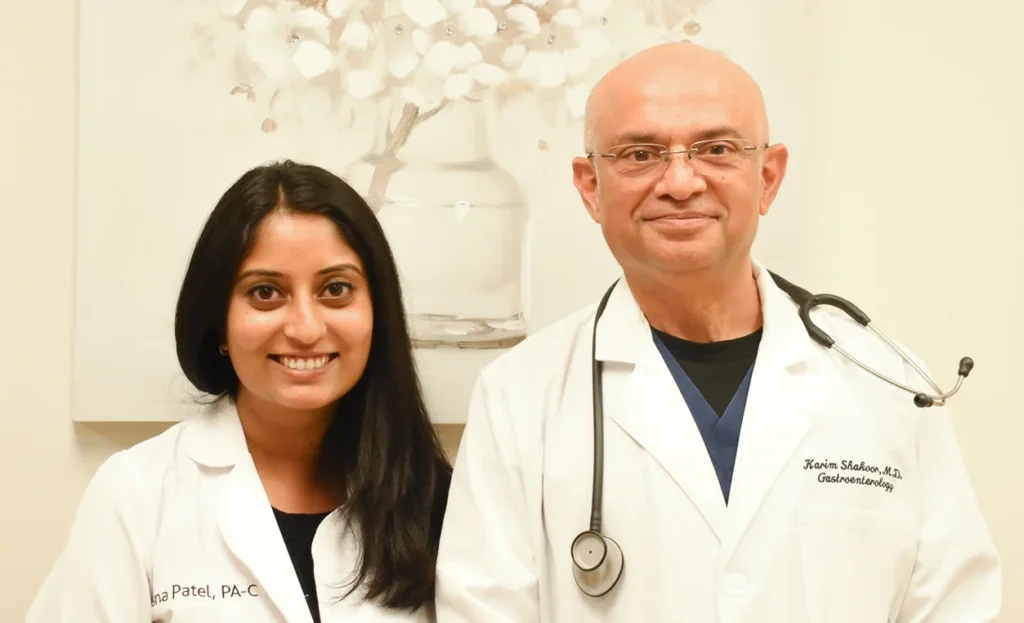
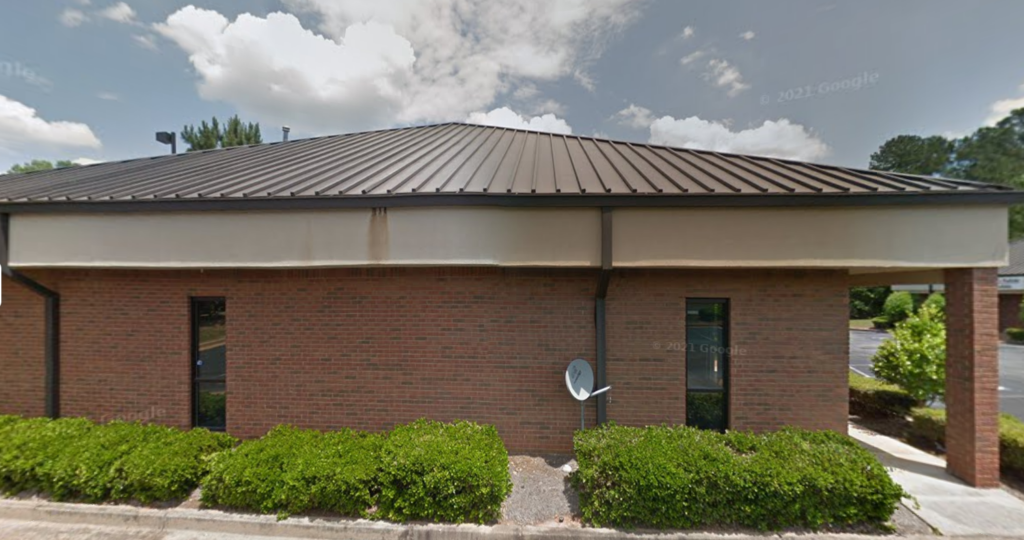
Colon and Digestive uses an MD for anesthesia services instead of a CRNA (Certified Registered Nurse Anesthetist)emphasizing our commitment to providing the highest level of care. Our board-certified MD anesthesiologist ensures you receive expert medical attention and personalized care for your comfort and safety.
Karim Shakoor, M.D is fully hands-on in every case that comes his way, seeing it through diagnosis to treatment completion, ensuring that you receive the highest level of care and attention to detail.

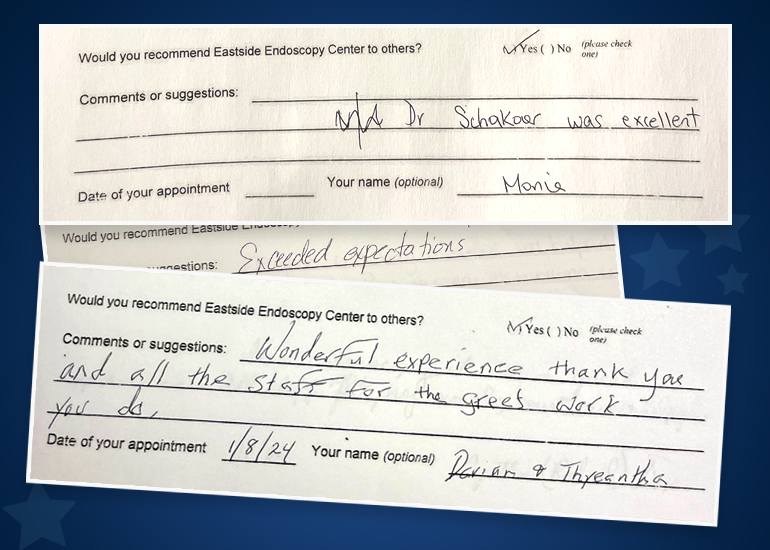
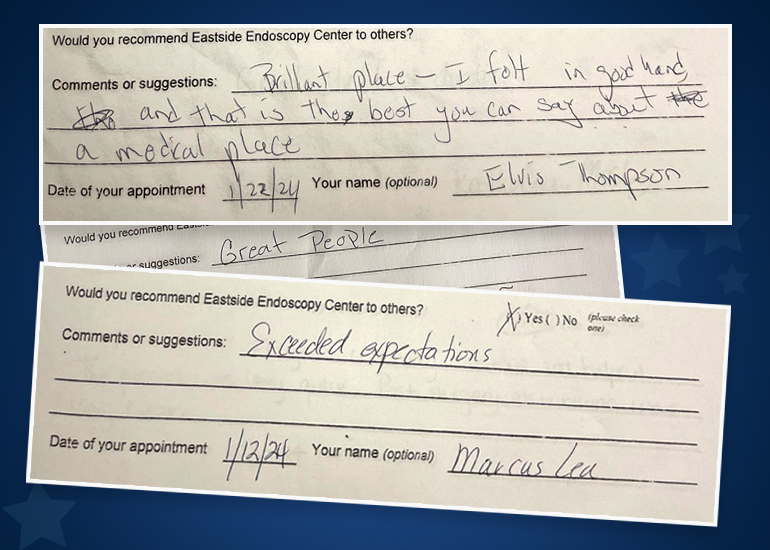

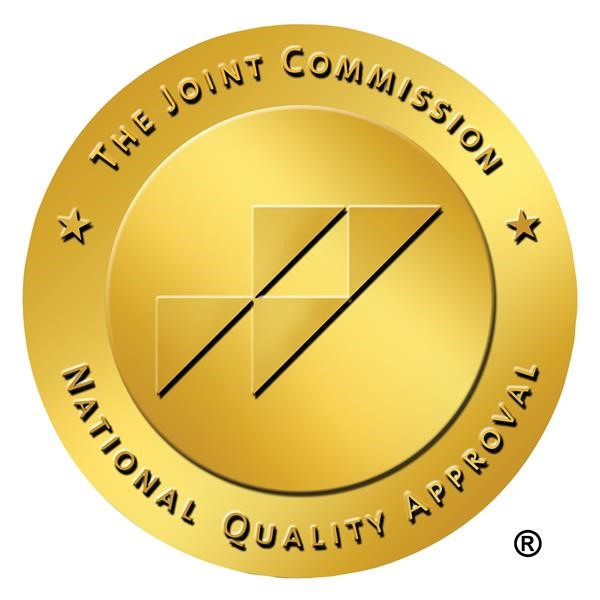

Colonoscopy refers to a procedure in which, colonoscope is used to look inside the colon . Colonoscope is a thin flexible tube, with a tiny video camera and a light at the end.

(Esophagogastroduodenoscopy) is a procedure that examines the esophagus, stomach and first portion of the duodenum (small intestine) using a long flexible tube, with a camera at the end of it.

The sigmoid colon is the lower part of the large intestine and a flexible sigmoidoscopy is performed to view the sigmoid colon. This examination investigates the rectal lining and the lower part of the colon.

Our physician is a board-certified Gastroenterologist, specializing in Digestive Diseases and Nutrition. Specific areas of expertise include: Colorectal Cancer Screening and Prevention, Gastro Esophageal Reflux Disease (GERD), Esophageal and Swallowing Disorders, Inflammatory Bowel Disease, Pancreatic and Biliary Disorders, Liver Disease, Irritable Bowel Syndrome (IBS) and Chronic Constipation.
Common signs include bloating, gas, constipation, diarrhea, heartburn, and unexplained abdominal pain. If persistent, it may indicate an underlying GI disorder.
Improving digestive health naturally involves eating fiber-rich foods, staying hydrated, managing stress, exercising regularly, and avoiding ultra-processed foods.
It is generally recommended to start colonoscopy screenings at age 45, and then every 10 years if no issues are found. Those with a family history may need earlier or more frequent screenings.
You should consult a GI specialist if you have chronic abdominal pain, frequent acid reflux, blood in your stool, unexplained weight loss, or irregular bowel habits.
Limit intake of fried foods, refined sugars, artificial sweeteners, alcohol, and dairy if you’re lactose intolerant. These can disrupt gut bacteria and digestion.
Yes, frequent bloating can be linked to food intolerances, IBS, constipation, or imbalance in gut bacteria. It may require evaluation by a digestive health specialist.
Stress can worsen digestive issues by triggering inflammation, increasing acid production, and affecting gut motility—leading to symptoms like cramps, diarrhea, or bloating.
If you’re in Conyers, GA, Dr. Karim Shakoor at Colon & Digestive Health Specialists offers expert GI care including colonoscopy, IBD management, and personalized treatment plans. Book an appointment today.

Acid reflux is something many people experience — that burning feeling in the chest or throat after eating a big or heavy meal. While it
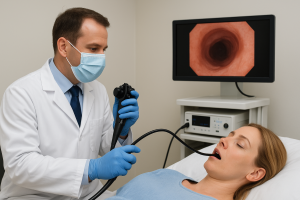
Introduction If you’ve been experiencing persistent digestive problems, such as heartburn, nausea that doesn’t go away, or trouble swallowing, your doctor might suggest an upper

Introduction: Should You Be Concerned About Blood in Your Stool? Although finding blood in your stool can be concerning, you shouldn’t always freak out. It
Our location
© 2025 All Rights reserved by Colon & Digestive Health Specialists